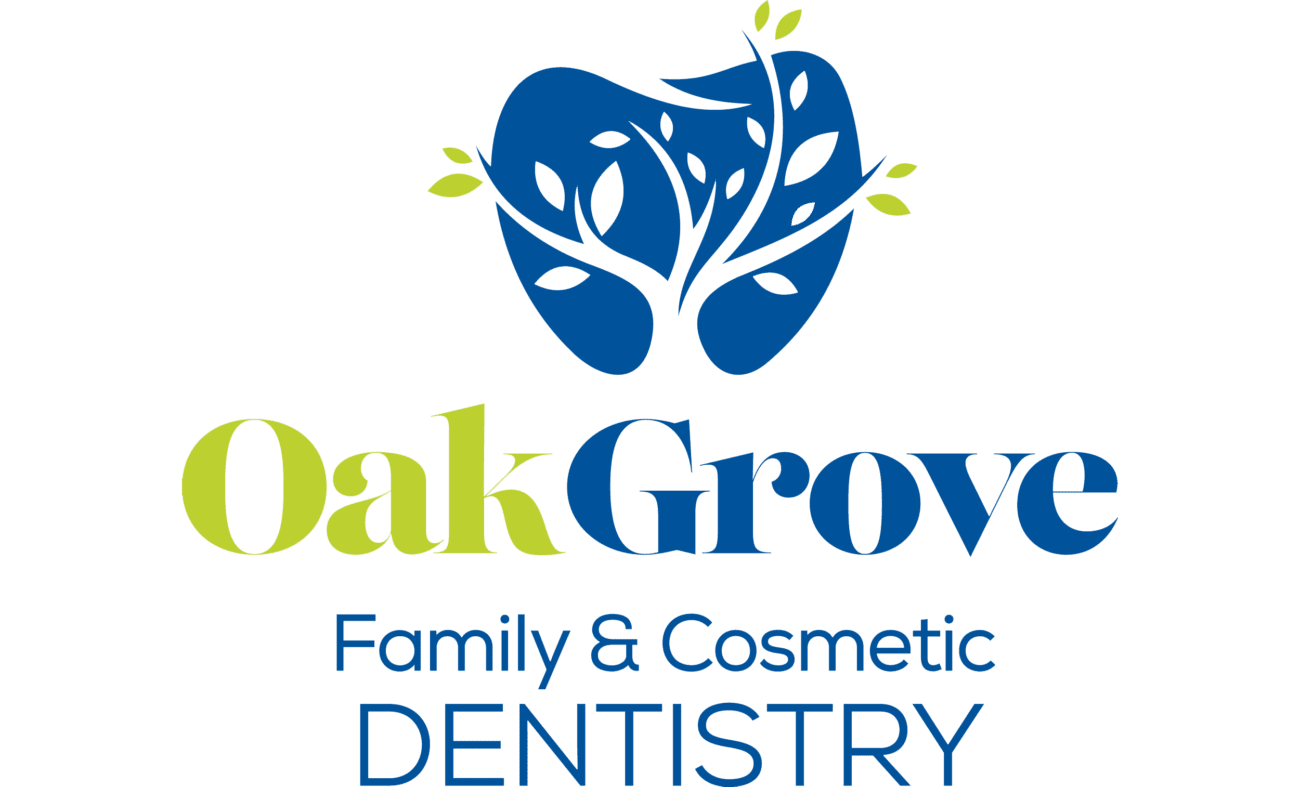Dental bridges play a vital role in oral health. They often replace missing teeth effectively and seamlessly. A dental bridge consists of crowns and false teeth. The crowns anchor the bridge to natural teeth or implants. Proper maintenance of a dental bridge ensures longevity and oral health. Understanding the components and function of a dental bridge is crucial. This knowledge empowers patients to care for their dental restorations effectively.

Understanding the Importance of a Dental Bridge
Dental bridges offer several benefits to patients. They could restore your smile and improve your ability to chew and speak. They also help maintain the shape of your face, often preventing sagging. Dental bridges prevent remaining teeth from drifting out of position. This helps maintain proper alignment and bite. Dental bridges also distribute bite forces properly, reducing stress on other teeth. This balance prevents excessive wear on remaining teeth. Proper care and maintenance could extend the life of your dental bridge.
Daily Oral Hygiene Practices
Good oral hygiene is crucial for dental bridge maintenance. Brush your teeth twice daily using fluoride toothpaste. Ensure you clean all surfaces of your teeth and bridge. Use a soft-bristled toothbrush to avoid damaging the bridge. Soft bristles effectively clean without scratching the surface.
Floss daily to remove plaque and food particles between teeth. Use a floss threader to clean under the bridge effectively. This tool helps you reach areas that are difficult to access. Rinsing with an antibacterial mouthwash can further reduce plaque buildup. Consistent oral hygiene practices prevent decay and gum disease.
Choosing the Right Dental Products
Select dental products that protect your bridge and oral health. Use non-abrasive toothpaste to avoid scratching the bridge. Abrasive products can wear down the bridge material over time. Consider an electric toothbrush for more effective cleaning. Electric toothbrushes can remove more plaque than manual brushing.
Use antimicrobial mouthwash to reduce bacteria in the mouth. This helps prevent infections and maintain gum health. Choose a water flosser for easier cleaning around the bridge. Water flossers can reach areas traditional floss might miss. The right products make maintaining your dental bridge easier and more effective.
Regular Dental Checkups
Regular dental checkups are essential for bridge maintenance. Visit your dentist every six months for a cleaning and exam. Your dentist will check the bridge for any signs of wear or damage. They will also assess the health of your gums and natural teeth. Early detection of issues helps prevent more significant problems later. Regular exams allow your dentist to monitor changes in your oral health. Your dentist can provide personalized advice based on your needs. Professional cleanings remove tartar and plaque that home care might miss. These appointments are crucial for maintaining your dental bridge and overall oral health.
Diet and Lifestyle Considerations
A healthy diet supports oral health and bridge longevity. Limit sugary foods and drinks that contribute to tooth decay. Sugary substances can lead to plaque buildup and cavities. Avoid hard foods that can damage the bridge or surrounding teeth. Hard foods can cause chips or fractures in the bridge. Cut tough foods into smaller pieces to reduce stress on the bridge. This simple step can prevent unnecessary wear and tear.
Avoid using your teeth to open packages or crack nuts. Such actions can damage both the bridge and natural teeth. Smoking negatively affects oral health and bridge longevity. Consider quitting smoking for better oral health and bridge maintenance.
Protecting Your Dental Bridge
Protect your dental bridge from damage with preventive measures. Wear a mouthguard during sports or physical activities. This prevents trauma to the bridge and surrounding teeth. If you grind your teeth at night, use a nightguard. Grinding can wear down the bridge and natural teeth over time. Protective devices help preserve your bridge. They also protect your natural teeth from damage. Discuss protective options with your dentist. They can recommend the best solutions for your lifestyle. Taking proactive steps ensures the longevity of your dental bridge.
Maintaining your dental bridge requires commitment and care. Oak Grove Family & Cosmetic Dentistry offers expert dental care for all patients. Dr. Chavala Harris and her experienced team provides thorough exams and cleanings. They offer personalized advice for dental bridge maintenance and oral health. Contact their office today to schedule a consultation and learn more.
